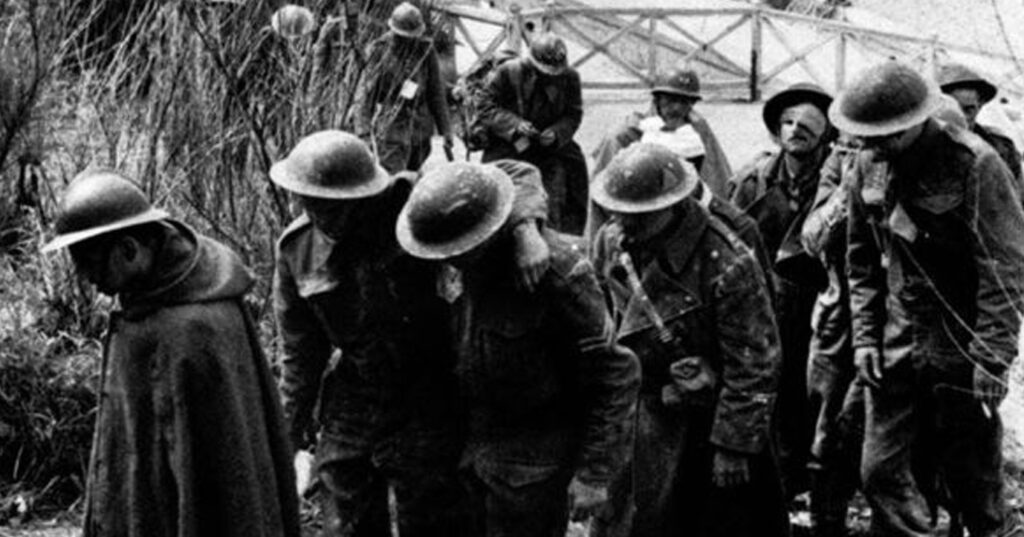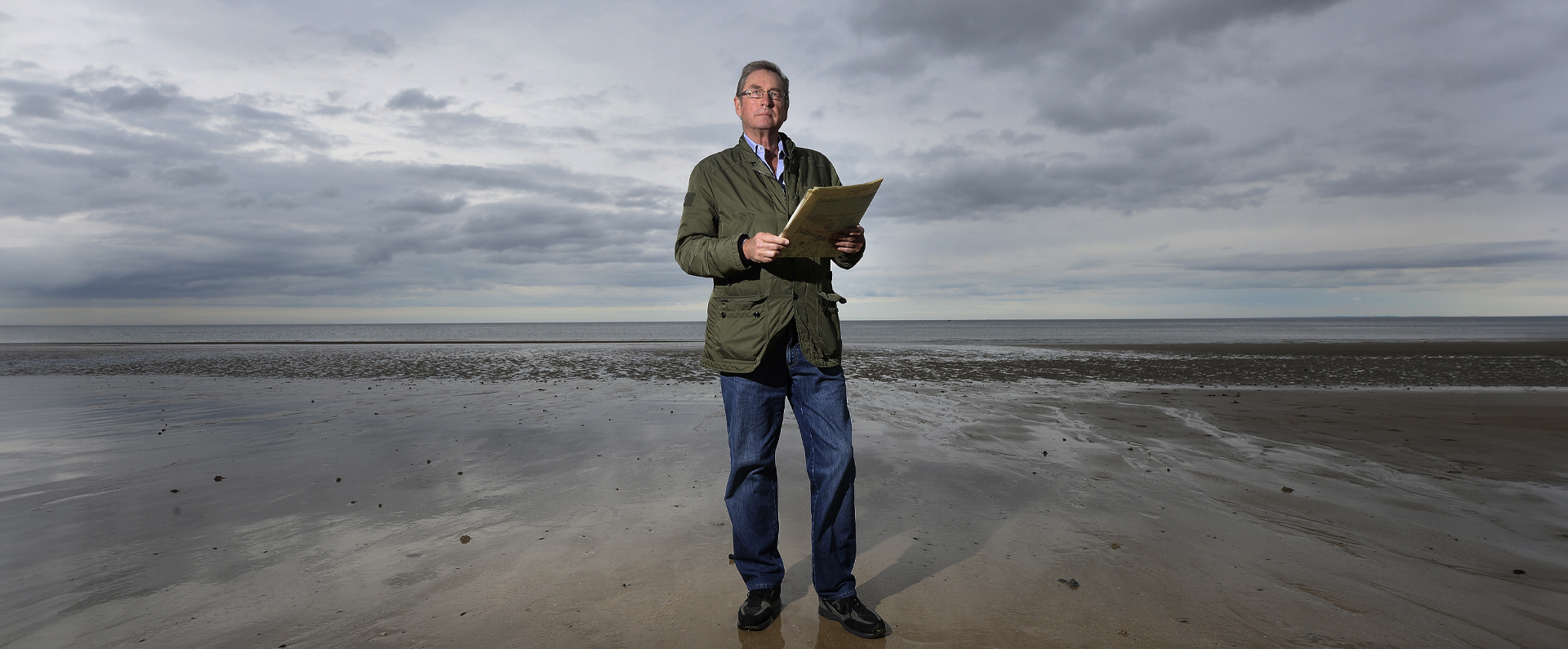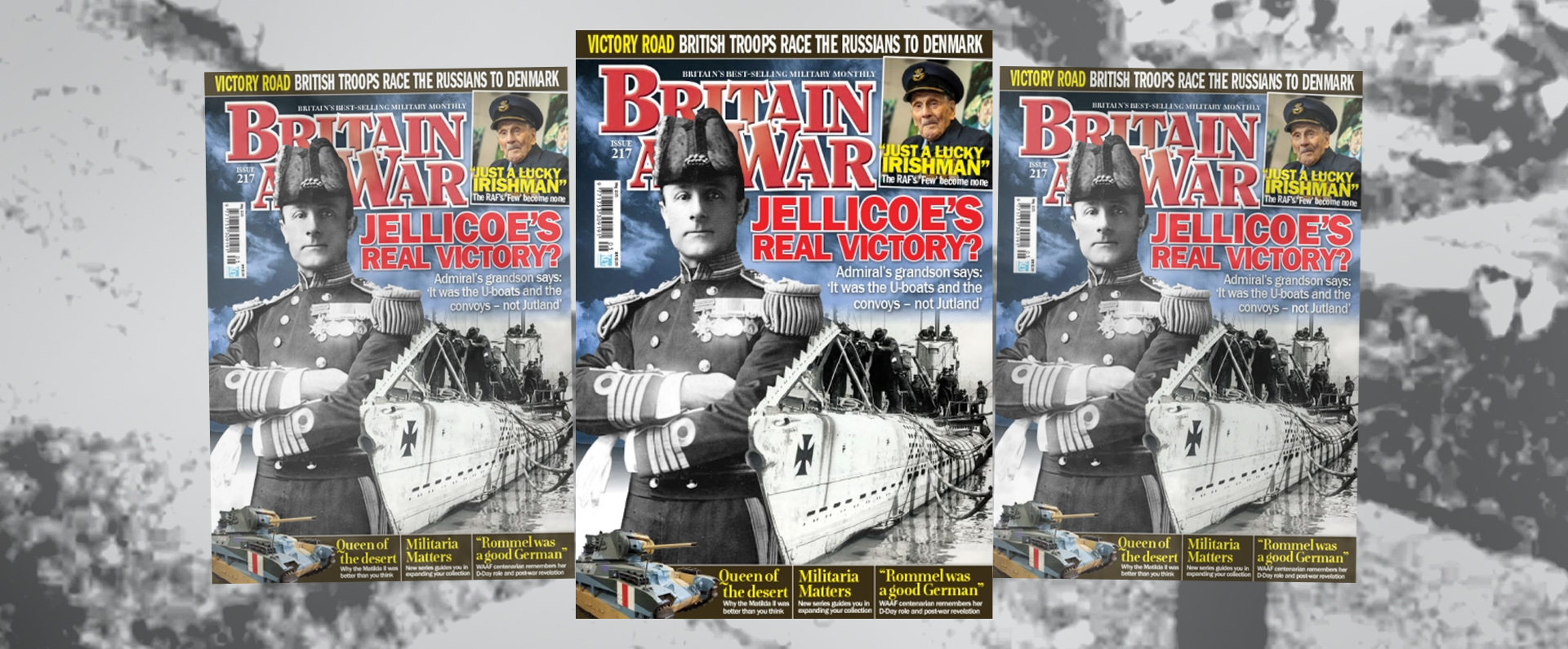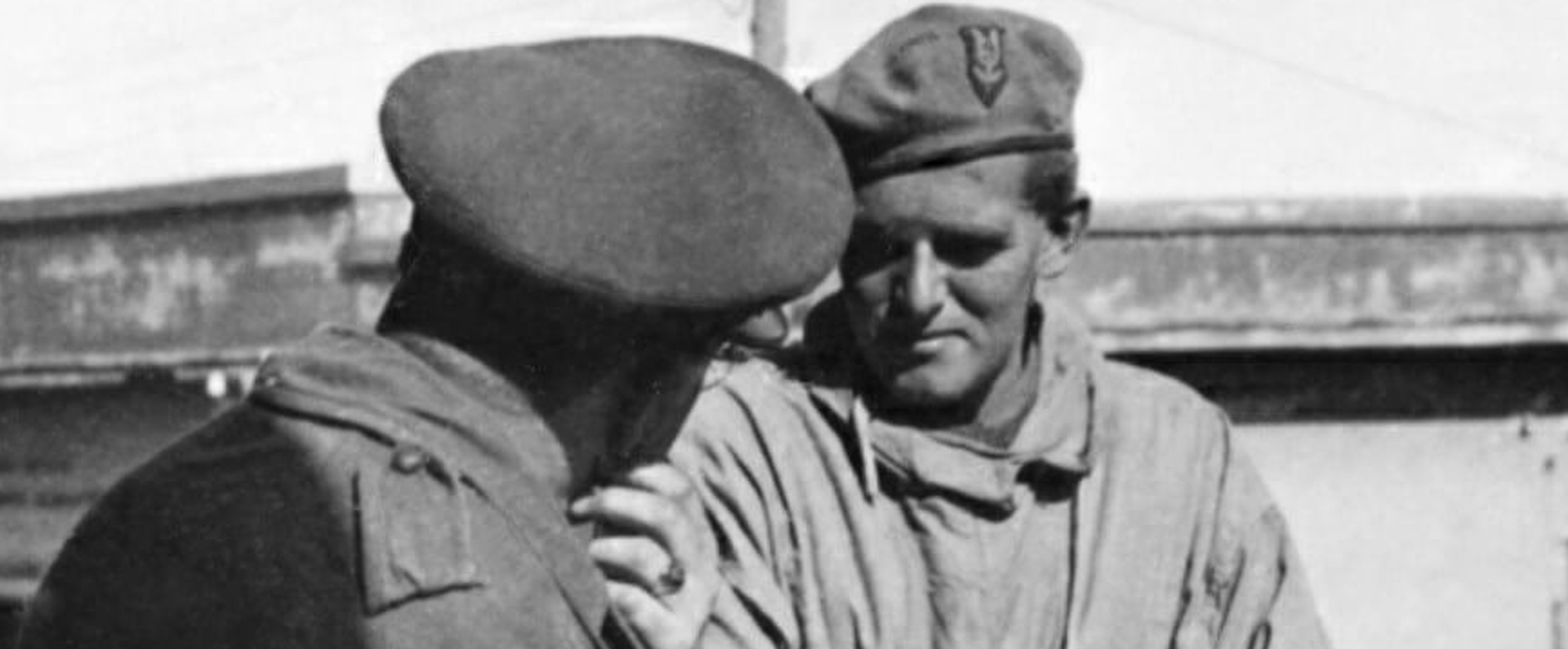
Published in the Daily Express on 03 November 2014.
2nd Lieutenant Richard Phillip Carr
One of the joys of researching a new book based on my collection of gallantry decorations is poring over the memorabilia that often accompanies them: letters, diaries, London Gazette medal citations and even unpublished books.
206/52nd Anti-Tank Regt., R.A., B.E.F. 22.5.40.
Dear Father,
I am dreadfully sorry that I have not written before, but we have been terrifically busy.
It’s extraordinary how used you become to being shot at, bombed by, machine gunned and shelled at by those bloody Germans, but the more they do it the less it worries.
I can’t describe the things I’ve seen because it’s all so absolutely amazing, but I am well and feeling in cracking form and I must say we laugh a lot.
For instance, the other day 42 German aircraft attacked the building I was in, making the most frightful din but not hurting anyone!
Where I am now is like a city of the dead, not a soul about; you just go into any house you want to and take what you want; stray dogs are wandering about; everything half in ruins; it’s all so grotesque.
But it’s such a rest from the last few days that it feels marvellous.
A Spitfire is at this moment in the process of bringing down one of those bloody Germans.
Ah yes!
I can see the smoke going up where he crashed – just one more out of his many hundreds.
Don’t worry about this War since I am sure that at the moment it’s not as bad as that of 1914.
I feel sorry for the German Tanks that come under my gunfire since it will put them straight out!
The weather is superb and I am sitting out in the open at 4 a.m. writing this.
The War has certainly made me see the dawn!
It would be terrific if you could send me some Bourbon and Chocolate Biscuits as soon as possible since one never seems to have enough food on these occasions.
I simply must stop now since I must go on my rounds and see what’s going on this morning.
You must give my love to Cecil and my salaams to all the Works.
Love,
Richard
However I have rarely been so taken aback and indeed moved as I was when I read a letter home from a young officer as part of my research for my latest book Special Ops Heroes, which is published on November 6.
Having now read the correspondence from Second Lieutenant Richard Carr to his father time and time again I pose this question: is it the greatest wartime letter ever sent by a serviceman from the frontline?
If there are finer ones then I have yet to read them.
Rather than edit the letter down and thereby fail to do full justice to the author I am going to reproduce it in its entirety but first I will put it in some context.
Richard Phillip Carr was the son of a businessman who ran a large biscuit company.
Little is known about his early years but at the beginning of the Second World War the young, handsome officer was serving with the Royal Artillery as part of the British Expeditionary
Force. Carr, who was 20 at the time, does not provide his exact whereabouts in his letter home presumably for security reasons but it is reasonable to assume the correspondence was written from northern France prior to the Dunkirk evacuations.
The language of the time gives the letter a certain charm.
Carr has been “terrifically busy”, the enemy aircraft make a “frightful din” and so on but the appeal of the letter is far more reaching than just the quaintness of his words.
This is clearly a soldier who has seen the horrors of war first hand for the first time but he says nothing in the letter that will alarm his parents or cause them unnecessary anxiety over his safety.
Instead the whole tone of the letter is entirely reassuring.
He wants them to know that he is “in cracking form” and laughs a lot.
Furthermore as if written from a holiday beach he notes the “weather is superb” and the war, in similar style to an adventure with the Boy Scouts, has inspired him to get up earlier and “see the dawn!”
Carr gives no signs that he is afraid or in any real danger of dying insisting that the more he is shot at and shelled by “those bloody Germans” the “less it worries” him.
An attack by 42 German aircraft is dismissed as worthless because nobody was even injured, let alone killed. He even does his best to disguise his hunger asking to be sent biscuits as soon as possible because – and this is my favourite phrase of all – “one never seems to have enough food on these occasions” ie the frontline of a world war.
The letter gives the impression that Carr is not only considerate but courageous and this is borne out by the events that took place just six days after the correspondence was written and for which he would be awarded the Military Cross.
It was for his outstanding bravery during the retreat to Dunkirk that he received his decoration, which was announced on August 27, 1940, after the recommendation stated:
“2nd Lieutenant Carr was left in command of his Battery on the 28th May 1940, when his Battery Commander and Battery Captain became casualties, and he showed great qualities of leadership and initiative during that day and during the subsequent withdraw from Ypres Comines Canal.
“2nd Lieutenant Carr has throughout displayed great powers of leadership and by his coolness under fire and contempt of danger has set a high example to all ranks.”
After later serving with the Commandos Carr was captured in early 1942 and held as a prisoner of war.
Even as a PoW he was a regular letter-writer and a considerate son.
On November 1, 1944, he wrote to his father: “Many congratulations on completing 40 years in the business.
“How I wish I had lunched with you on that day.
“We’ll have just as good a celebration on my return won’t we?”
In the same letter Carr tries to be optimistic about his life after the war: “But here’s to the future; the past is dead.
“I’ve all my life ahead. A wonderful job, independence, security; surely with those ingredients I can make happiness?
“It is that thought which makes the next few days, weeks, months, whichever it may be, bearable, because viewed dispassionately what are a few weeks out of a lifetime?”
Despite several attempts to escape Carr was not freed until the Germans retreated in April 1945.
After leaving the Army at the end of the war at the rank of captain Carr was awarded the MBE for his courageous escape attempts as a PoW and he joined the family business Carr’s Biscuits.
A keen family man and sailor he died after a short illness in late 1977 aged 58.
In a modern age in which hastily written emails and texts dominate so much of our lives we should appreciate the art of letter-writing more than ever.
And if there are servicemen penning letters home to their loved ones from dangerous places they should draw inspiration from the letter-writing skills of Richard Carr MC MBE.
Read this article on Express.co.uk
For more information, visit:
LordAshcroftOnBravery.com


